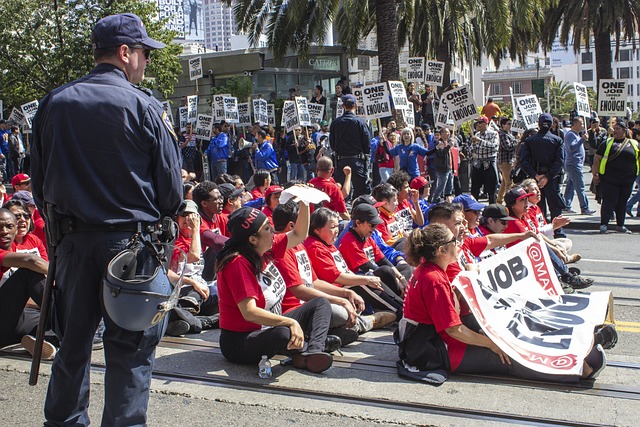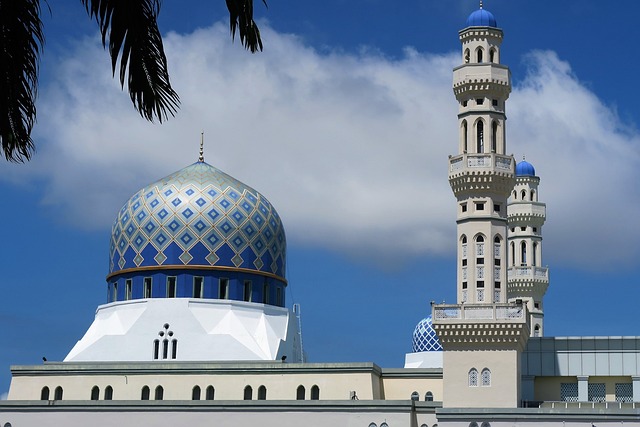Article Title:Understanding the Good: Medieval Inquisitions and Modern Religion
Abstract:
This essay responds to scholarly arguments that religion arose in the particular circumstances of the modern West, distinct chronologically and conceptually from medieval religio. It argues that in the Middle Ages, Christian persecution helped to form that very notion of religion. It does so via the register of heresy inquisitions conducted by Bishop Jacques Fournier in Pamiers (1318-1325), which contains a curious and overlooked Occitan phrase: entendensa del be (understanding of the good). In three provocative ways, entendensa del be helps us to reconsider the origins of religion. First, one possibility is that the phrase represents an organic proto-religion among the heretics known as Good Christians. A second possibility is, conversely, that scribes presented an insignificant phrase as a technical term, helping to identify the group as heretical. This would highlight coercive inquisitorial agency in reinterpreting language and behavior, anticipating early-modern and modern constructors of religion. Third, by its links to troubadour culture, the phrase reminds us how in Occitania, conquest and resistance intertwined with inquisition's policing of religious behavior in a way that resembles claims for modernity. Regardless of which possibility, and most importantly, we discover how medieval persecution helped to form modern religion.
Keywords: heresy; inquisition; religion; troubadours
DOI: 10.1017/S0009640724000714
Source:CHURCH HISTORY
Welcome to correct the error, please contact email: humanisticspider@gmail.com



